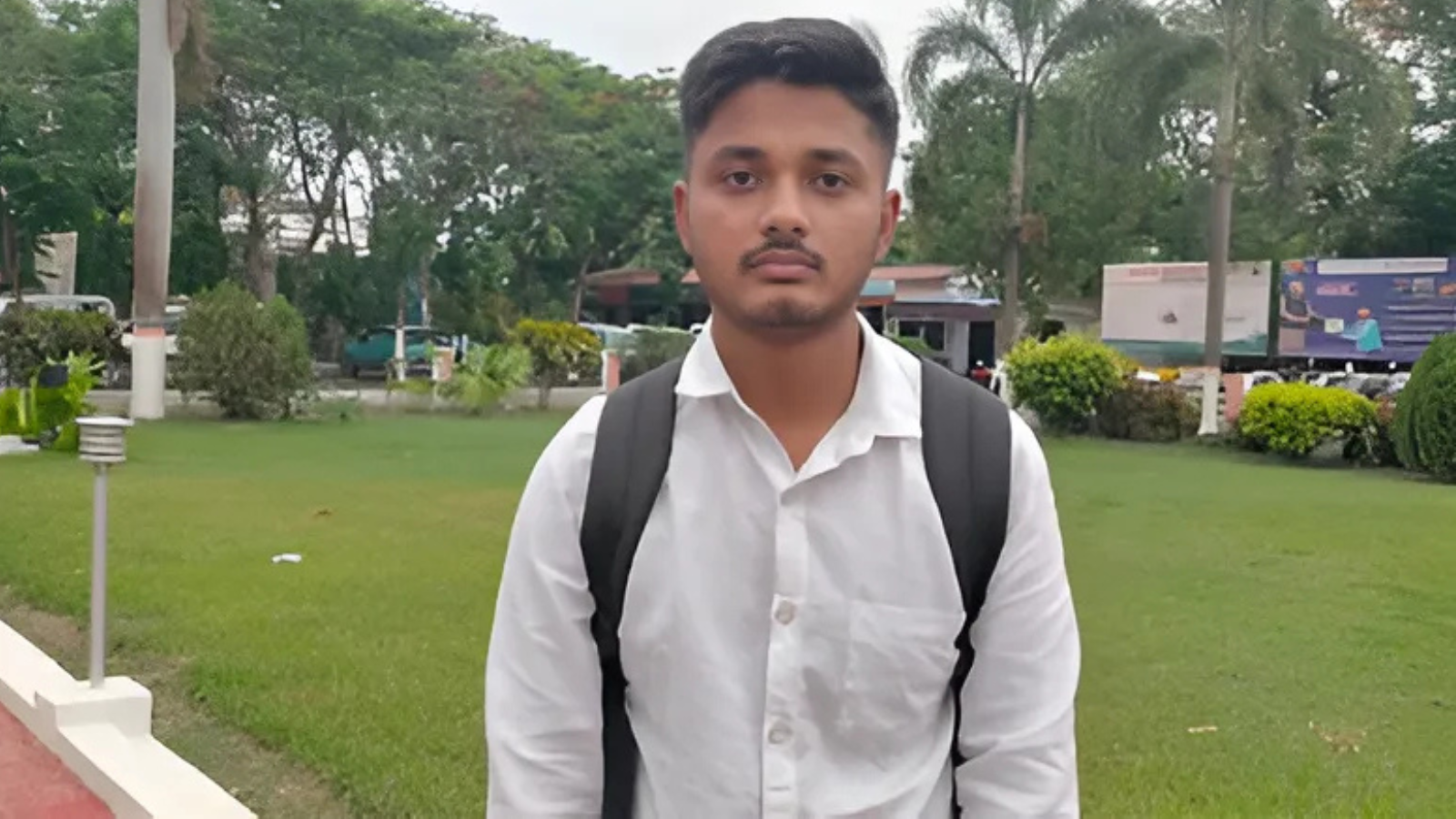The NASA website hack by a 17-year-old from Samastipur, Bihar, has taken the world by storm. Ramji Raj, a young ethical hacker, identified a critical cyber vulnerability in NASA’s official website, earning him a coveted spot in the space agency’s Hall of Fame. This remarkable feat, achieved from a small town in India, proves that talent knows no boundaries—geographical or otherwise.
On the night of May 14, Ramji was scanning over 50 websites for security flaws, a routine practice for this self-taught coder. While browsing, he stumbled upon a technical glitch in NASA’s website that could have been exploited by malicious hackers. Acting swiftly, he responsibly hacked the site to confirm the vulnerability and sent a detailed bug report to NASA via email. By May 19, NASA acknowledged his findings, fixed the issue, and honored Ramji by including him in their Hall of Fame—a prestigious recognition for ethical hackers worldwide.
Ramji’s journey into cybersecurity began with a childhood passion for gaming. Playing video games sparked his curiosity about coding, leading him to learn programming online while balancing schoolwork. His first taste of hacking came when he uncovered a flaw in his school’s payment portal, earning praise from his teachers. This early success fueled his drive to pursue ethical hacking, a field where he uses his skills to protect rather than harm. Ramji’s story is a testament to how dedication and self-learning can lead to extraordinary achievements.
What sets Ramji apart is his sense of responsibility. As a white-hat hacker, he focuses on strengthening digital security to prevent cyberattacks. His efforts extend beyond NASA—he has identified vulnerabilities in over 50 national and international websites, alerting organizations to potential risks. His work has not only saved institutions from financial and data losses but also inspired a new generation of tech enthusiasts in India. Ramji’s vision is clear: to bolster India’s cybersecurity and make the digital world safer for all.
Beyond hacking, Ramji is a multifaceted talent. He is currently preparing for a B.Tech degree in Delhi and has ventured into artificial intelligence (AI), launching a startup to integrate AI into agriculture. His innovative approach aligns with India’s push for technological advancement, particularly in rural sectors. Ramji’s inclusion in the top 50 AI solutions under the Indian government’s “Youth for Unnati and Vikas with AI” program further highlights his potential to shape the future.
The NASA website hack has brought global attention to Samastipur, a town not typically associated with cutting-edge technology. Ramji’s father, Rinkesh Kumar, a social worker running an NGO, beams with pride at his son’s achievements. Local media, including Dainik Jagran, have celebrated Ramji as a role model for youth, emphasizing that age is no barrier to success. His story resonates deeply in a country where young innovators are increasingly making their mark on the global stage.
This NASA website hack is more than a technical triumph—it’s a story of grit, passion, and purpose. Ramji’s journey reminds us that small-town dreamers can achieve greatness with the right mindset. As he continues to train students and police officers in cybersecurity—recently guiding Gujarat Police—his influence is growing. The Indian government’s recognition of his AI contributions further cements his role as a changemaker.
As India strides toward a digital future, stories like Ramji’s highlight the importance of nurturing young talent. The NASA website hack underscores the need for robust cybersecurity education and infrastructure, especially in smaller cities. With AI and technology shaping the world, Ramji’s contributions are a beacon of hope, proving that innovation can come from anywhere. His legacy is already inspiring countless others to pursue their dreams, no matter the odds.

